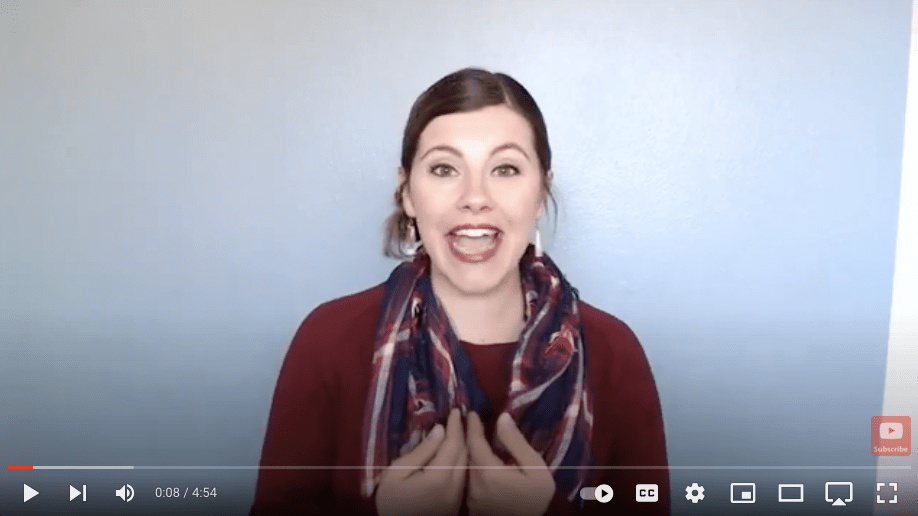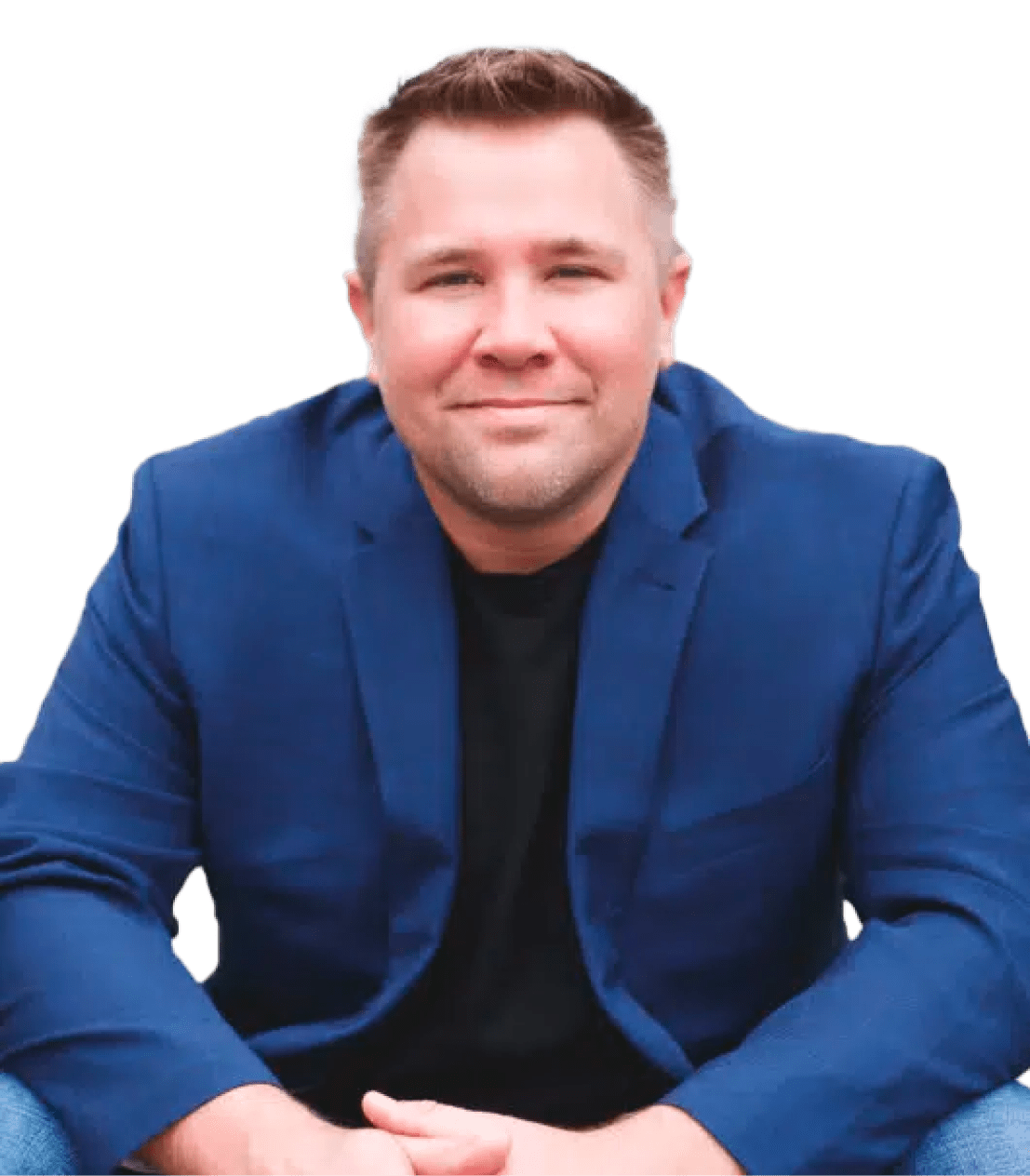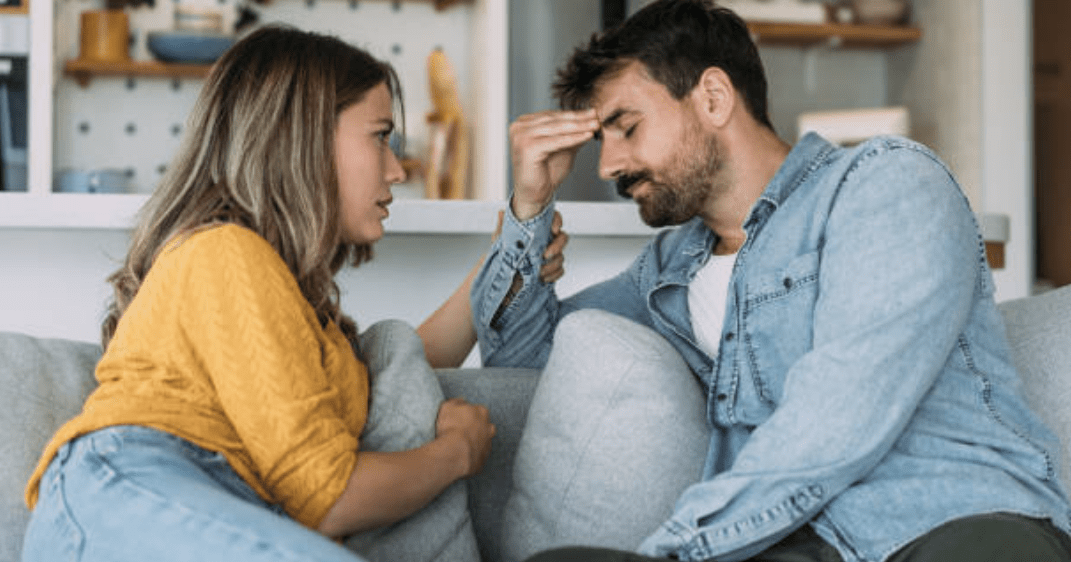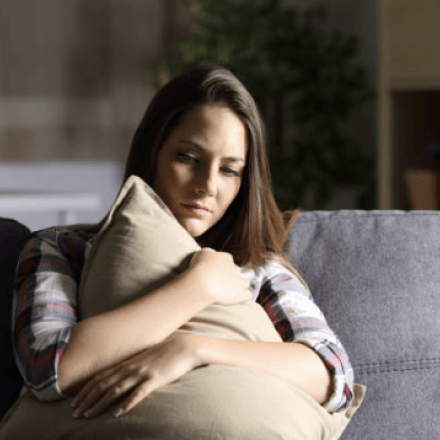Friend’s Abusive Relationship
This article is based on scientific evidence and clinical experience, written by a licensed professional and fact-checked by experts.
Posted: October 27, 2020
Estimated reading time: 3 minutes
In This article

“My friend is in an emotionally abusive relationship with her boyfriend. He constantly cheats on her with other women, particularly when drinking, and puts her down verbally when at home. She is in “love” with him and doesn’t want to end the relationship because of his little girl and her 2 children, all from previous marriages. I’ve been counseling her to end the relationship before worse things happen. They are not married. She is also facing a possible cancer diagnosis.What to do?”
CASSIE
Welcome to my counselor online. I’m Cassie and this is MyCounselor Says. That’s where you submit your questions and I tracked down one of our awesome therapists and get them to answer your question, so today our question comes from Jess, and here’s the question:
“My friend is in an emotionally abusive relationship with her boyfriend. He constantly cheats on her with other women, particularly when drinking, and puts her down verbally when at home. She is in “love” with him and doesn’t want to end the relationship because of his little girl and her 2 children, all from previous marriages. I’ve been counseling her to end the relationship before worse things happen. They are not married. She is also facing a possible cancer diagnosis.What to do?”
So let’s go to Josh and see what MyCounselor Says.
JOSH
When someone we care about is in an EMOTIONALLY DESTRUCTIVE relationship. It’s like watching a train wreck in slow motion.
We’re so powerless to be able to make choices for the other person. Yet it’s so painful for us seeing the effect on this person that we love and those around them from the emotional destructive dynamics of the relationship
The when we’re in that position, the question of, you know, what do I do as a friend or as a loved one, you know, how do I
Approach the situation and be helpful to this person that seems unable to make decisions that would be best for them in their situation.
And first of all, I want to encourage you to continue to be a friend. I know that that is a difficult thing to do when you’re in that situation, it’s easy to feel frustrated and the distance yourself.
Personal really need you in their life as someone that cares for them and is able to be a support to them. And so I would encourage you to continue to do that and be that and to think towards
smaller steps. Oftentimes the decisions that a person is facing that feel overwhelming and just impossible for them to make our paralyzing to them. And so they do nothing. Or they just stay in what they know in the in the situation or relationship that’s unhealthy.
What to Do
And so rather than expecting them to be able to make all the choices that they need to make are the big choices that they need to make and to make them now.
She might start with encouraging them to mix take smaller steps that will help them identify the things that are getting in the way of them being able to make the bigger decisions as well as provide the support and direction for them.
That will lead them to a place of feeling like they have what they need in order to make the decision that they need to make
So some of those smaller steps might look like picking up and reading a book by Leslie Vernick. It has a wonderful book called The EMOTIONALLY DESTRUCTIVE relationship.
That is geared towards helping them individual identify the elements of an EMOTIONALLY DESTRUCTIVE relationship and being very practical and how to go about Engaging and getting out of a situation like that, or thinking through the decisions that need to be made along the way, in a relationship like that.
Leslie also has some great support groups online. I think there are a Facebook page where you can get into a closed group.
And get some additional teaching from Leslie, as well as a support from other women that are navigating through
EMOTIONALLY DESTRUCTIVE relationships. So sometimes the decision to to read a book is a lot easier decision to make them to leave a relationship.
And so it’s a starting place you might also engage a local support group at like a Celebrate Recovery. Or living free.
Or something like that. That’s a church base support system that can allow the person to process through their own dynamics or maybe codependency that’s a part of the picture for them.
That’s getting in the way of them making decisions that would be good for them and maybe engaging counseling to be able to get into the details of their life that maybe are creating obstacles for them from making the good decisions that you would hope to see for your friend.
CASSIE
Thank you Jess and Josh. If you have a question that you want to be answered by one of our counselors, submit it here!
Back to topThis article is based on scientific evidence and clinical experience, written by a licensed professional and fact-checked by experts.
About the Author

Josh Spurlock
Josh Spurlock MA, LPC, CST, has a BA in Biblical Languages and a Masters in Counseling. He is a Licensed Professional Counselor (LPC), holding licenses in Missouri, Colorado, and Florida. He is also a Certified Sex Therapist (CST), Level 2 AEDP Therapist, and an Ordained Minister. He is an Advanced Practice Clinician, with over 10,000 hours of clinical experience. He specializes in Marriage Counseling, Sex Therapy, Family Counseling, and works with Executives, Pastors, Business Owners, and Ministry Leaders. Learn more about Josh Spurlock at JoshSpurlock.com.
Josh is currently unable to take on any new clients.
Learn More About Josh







